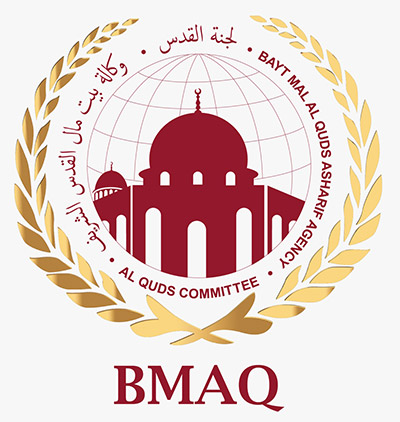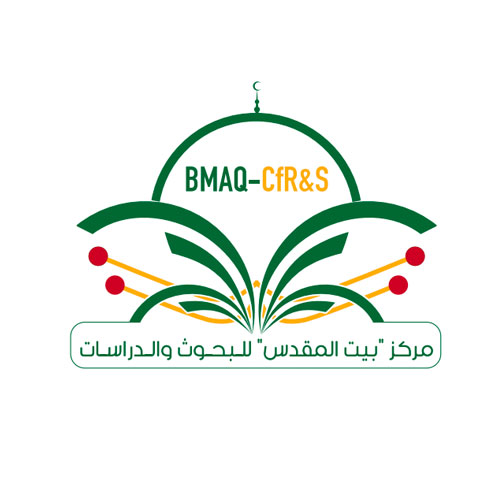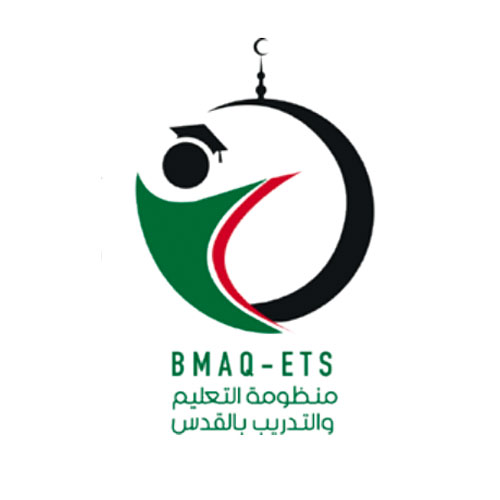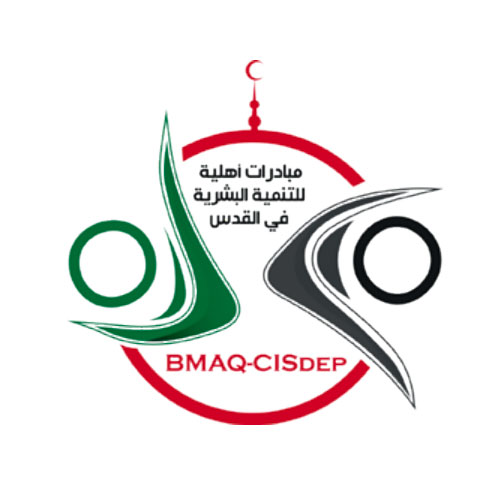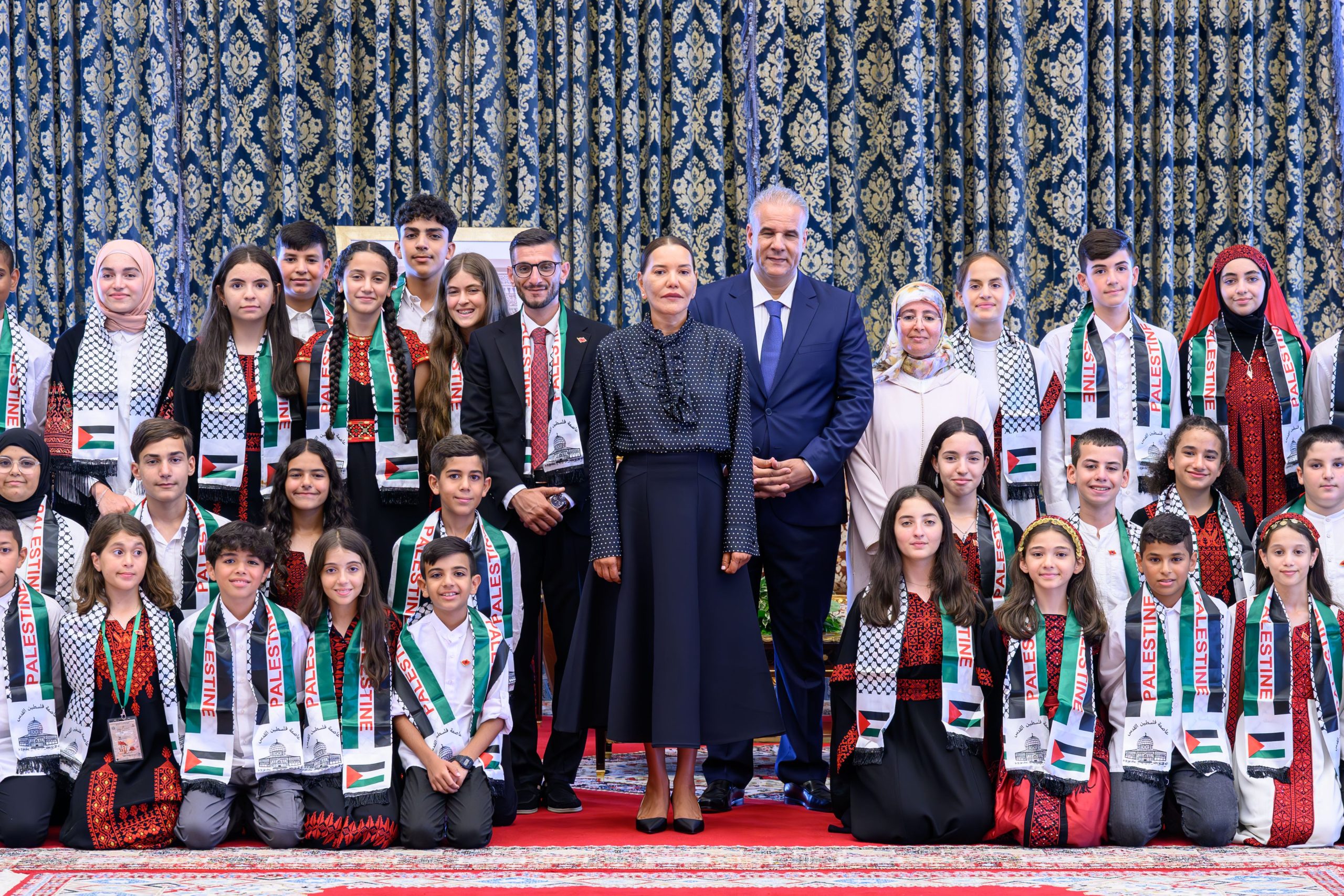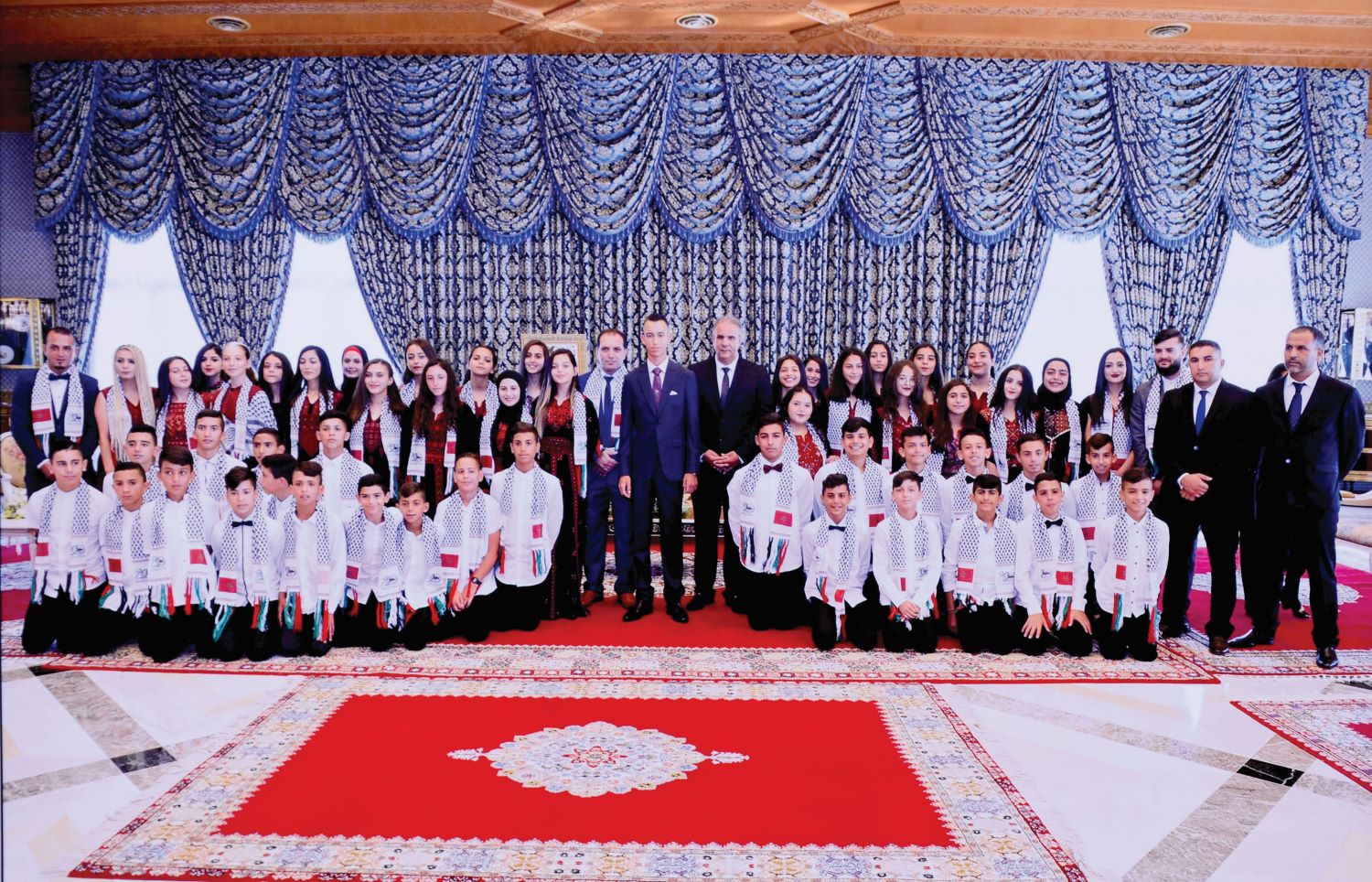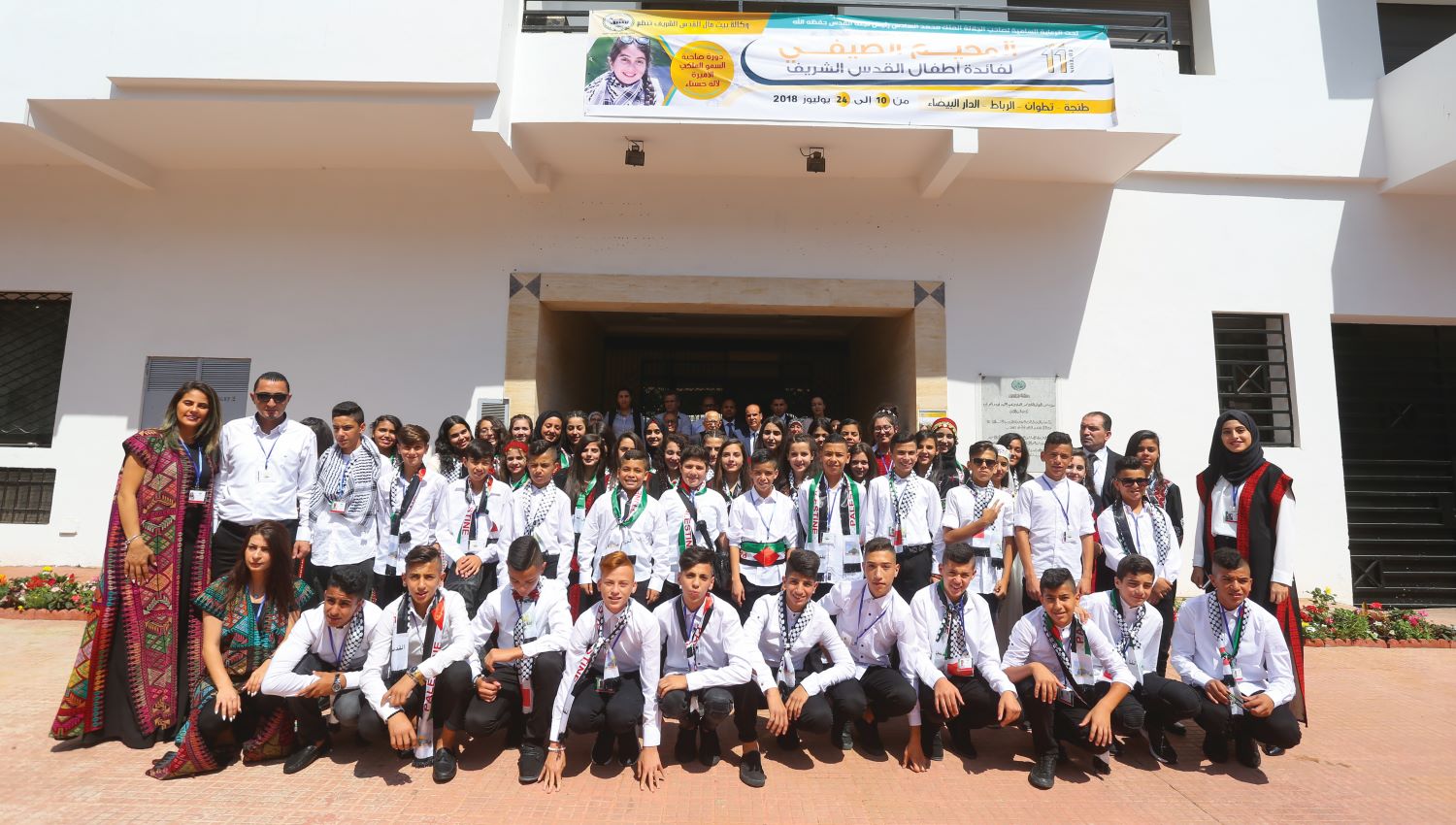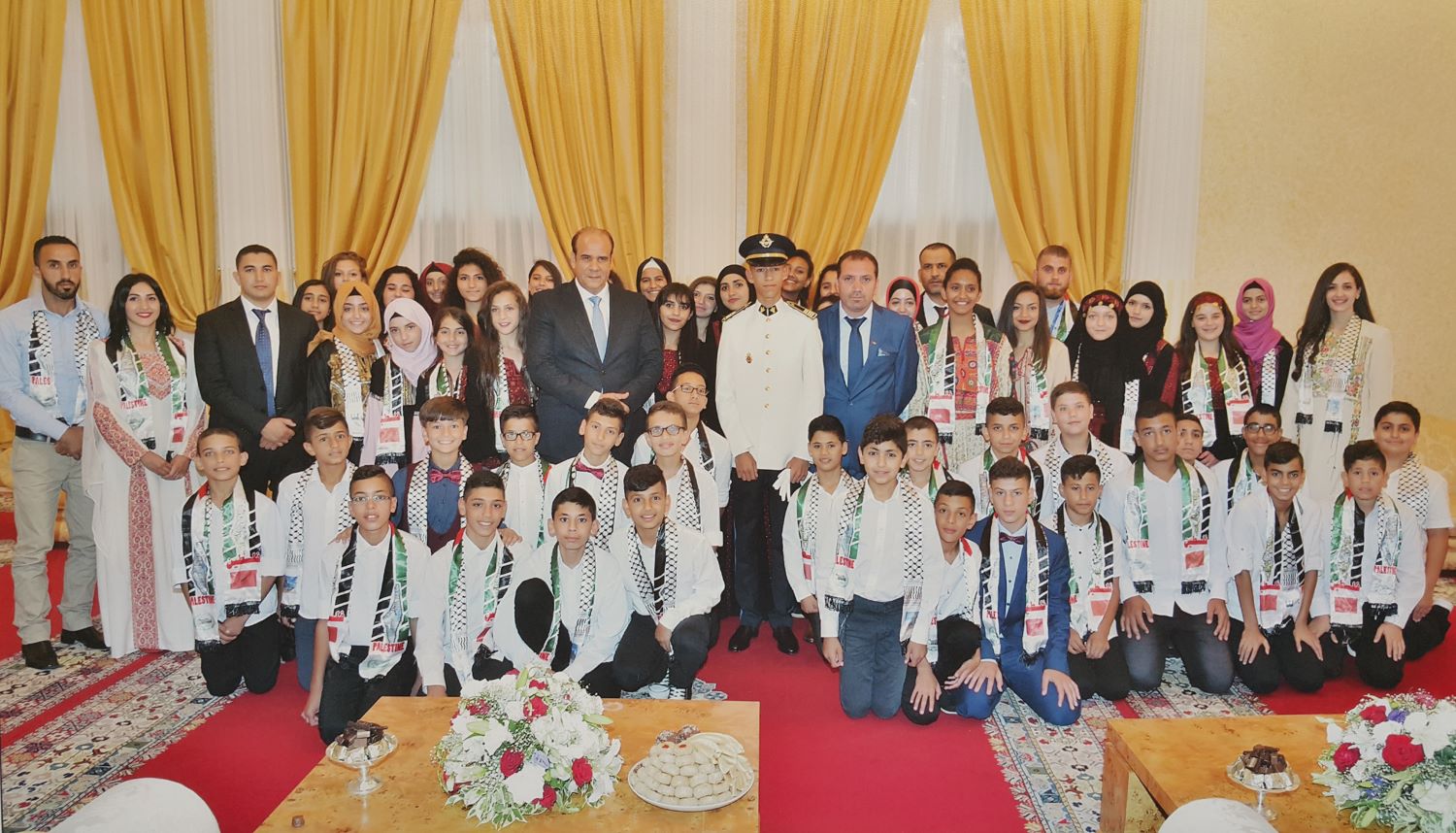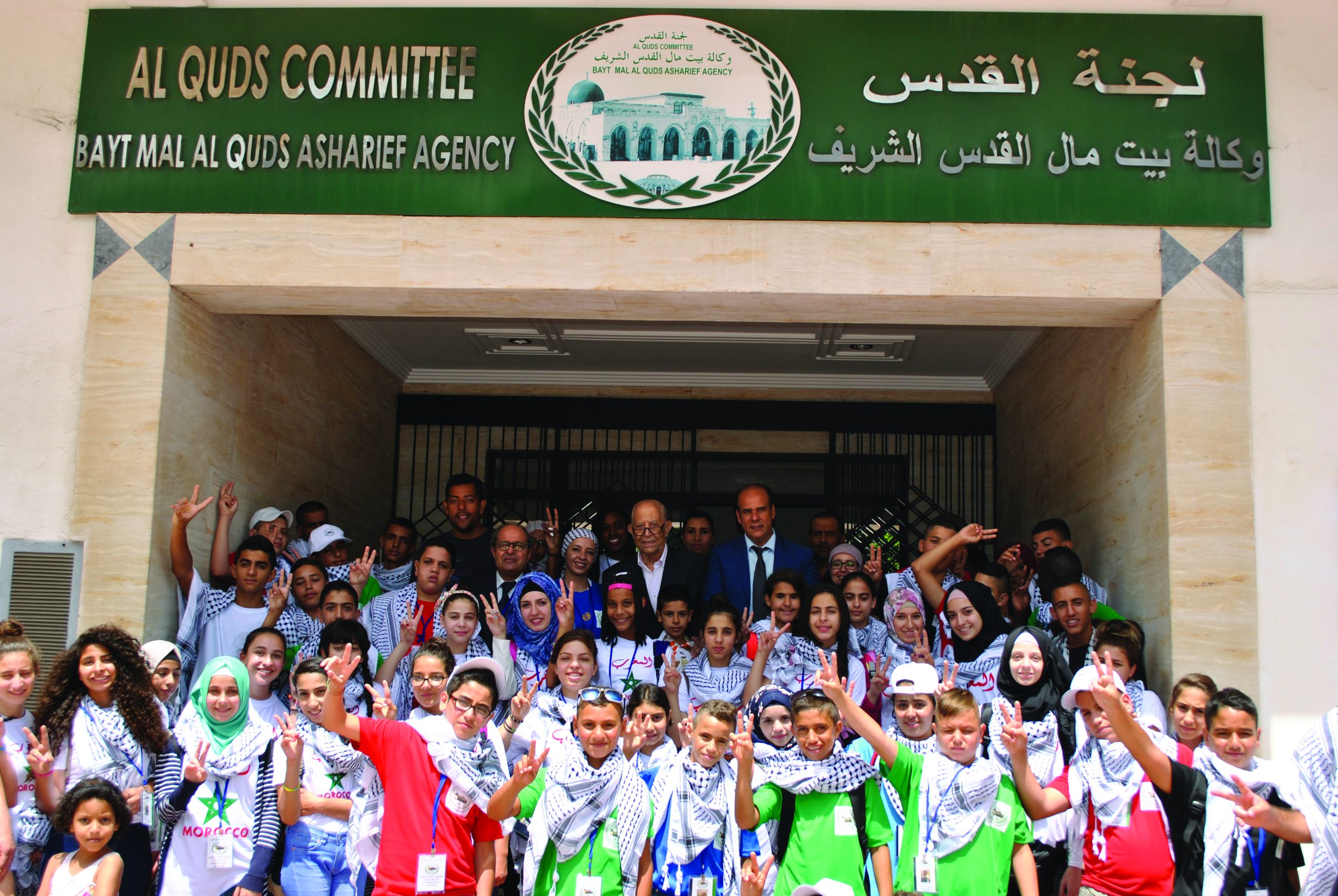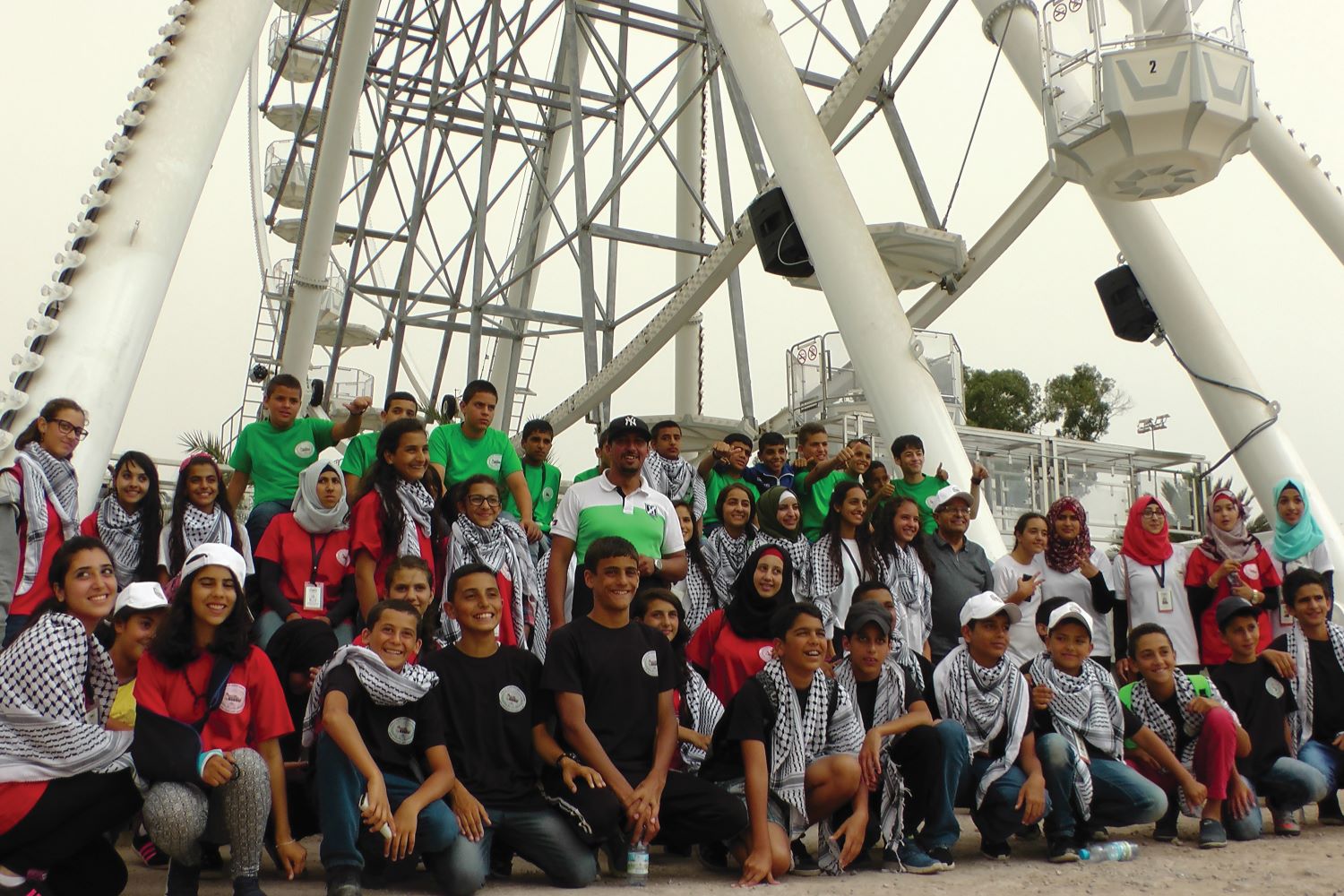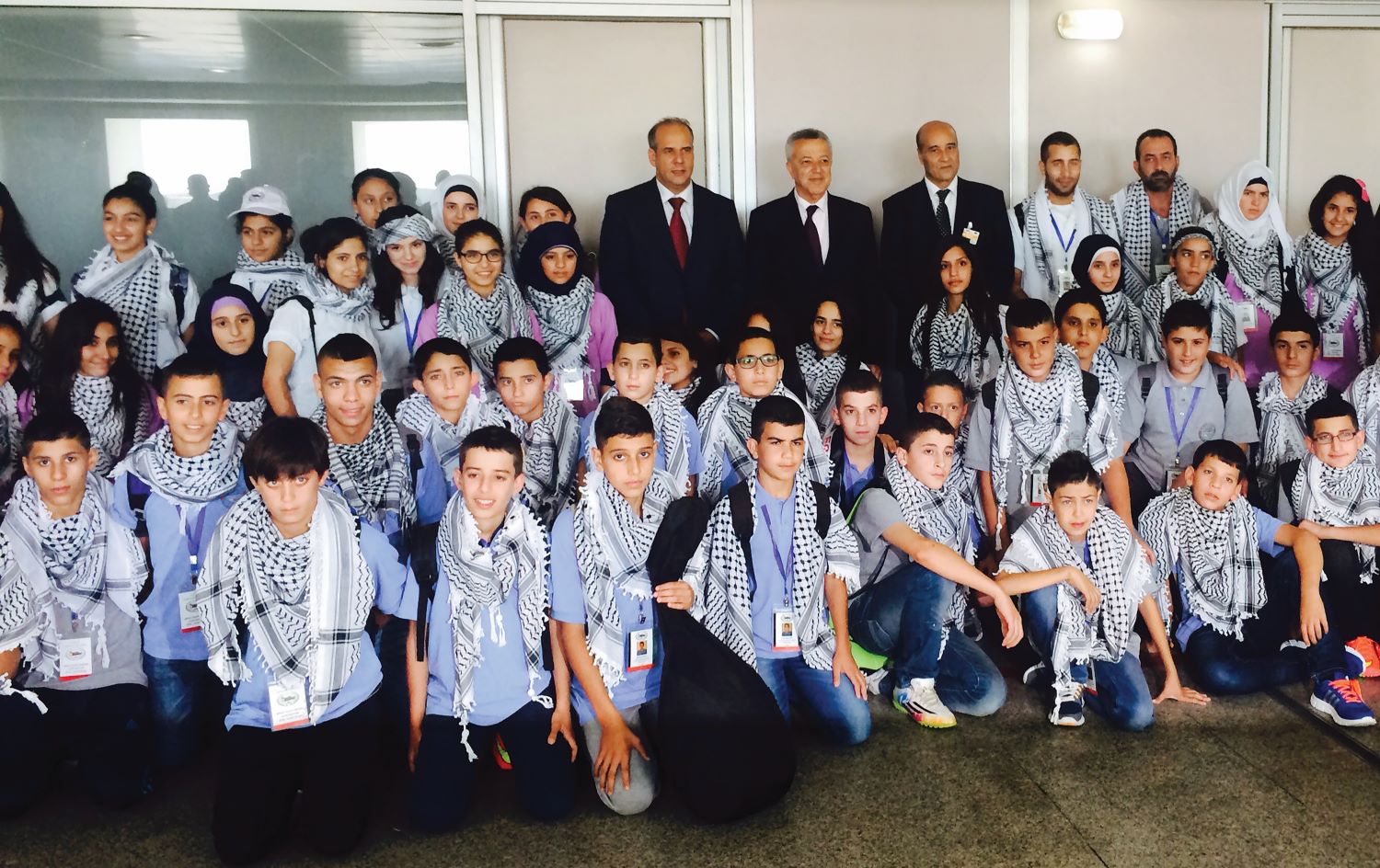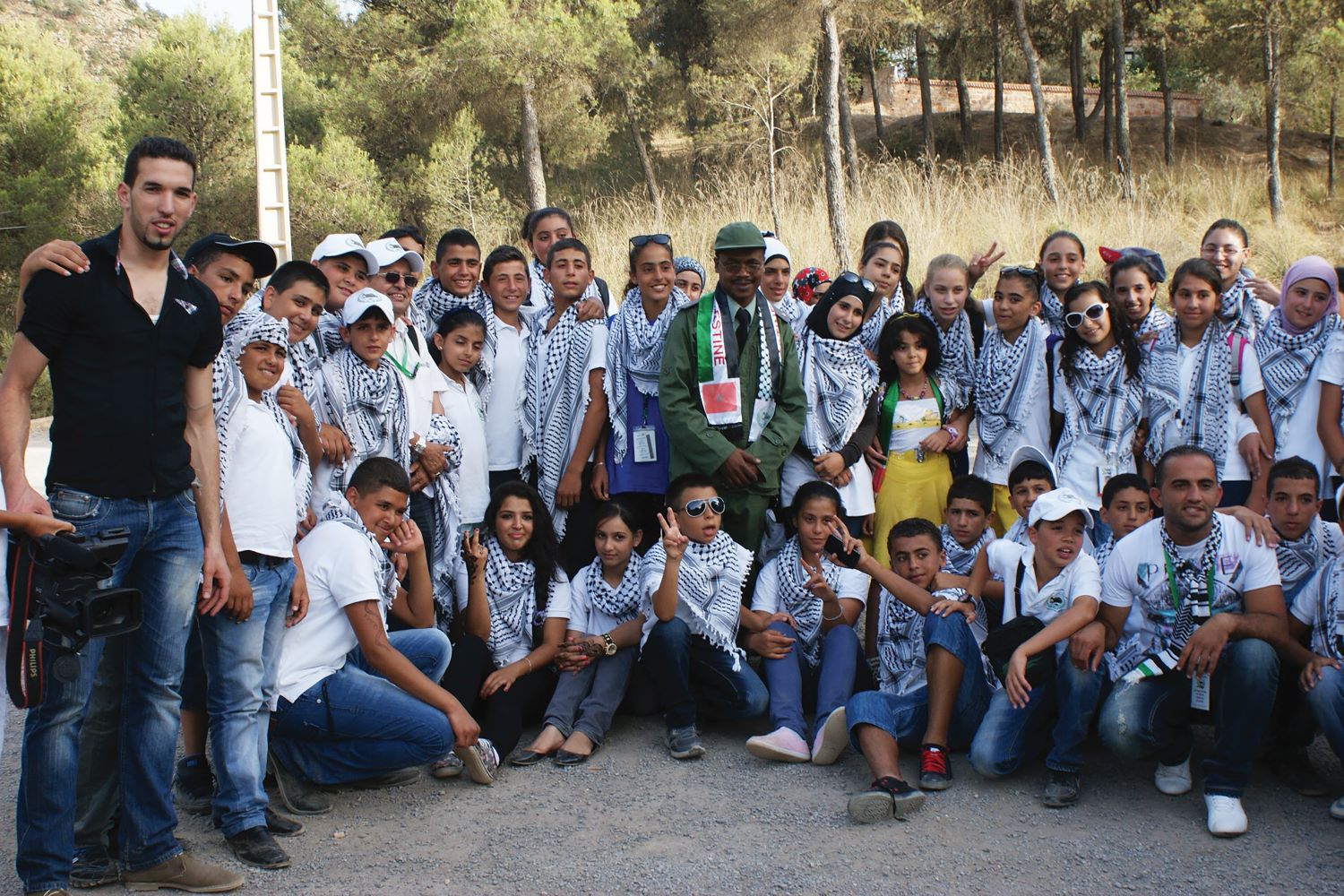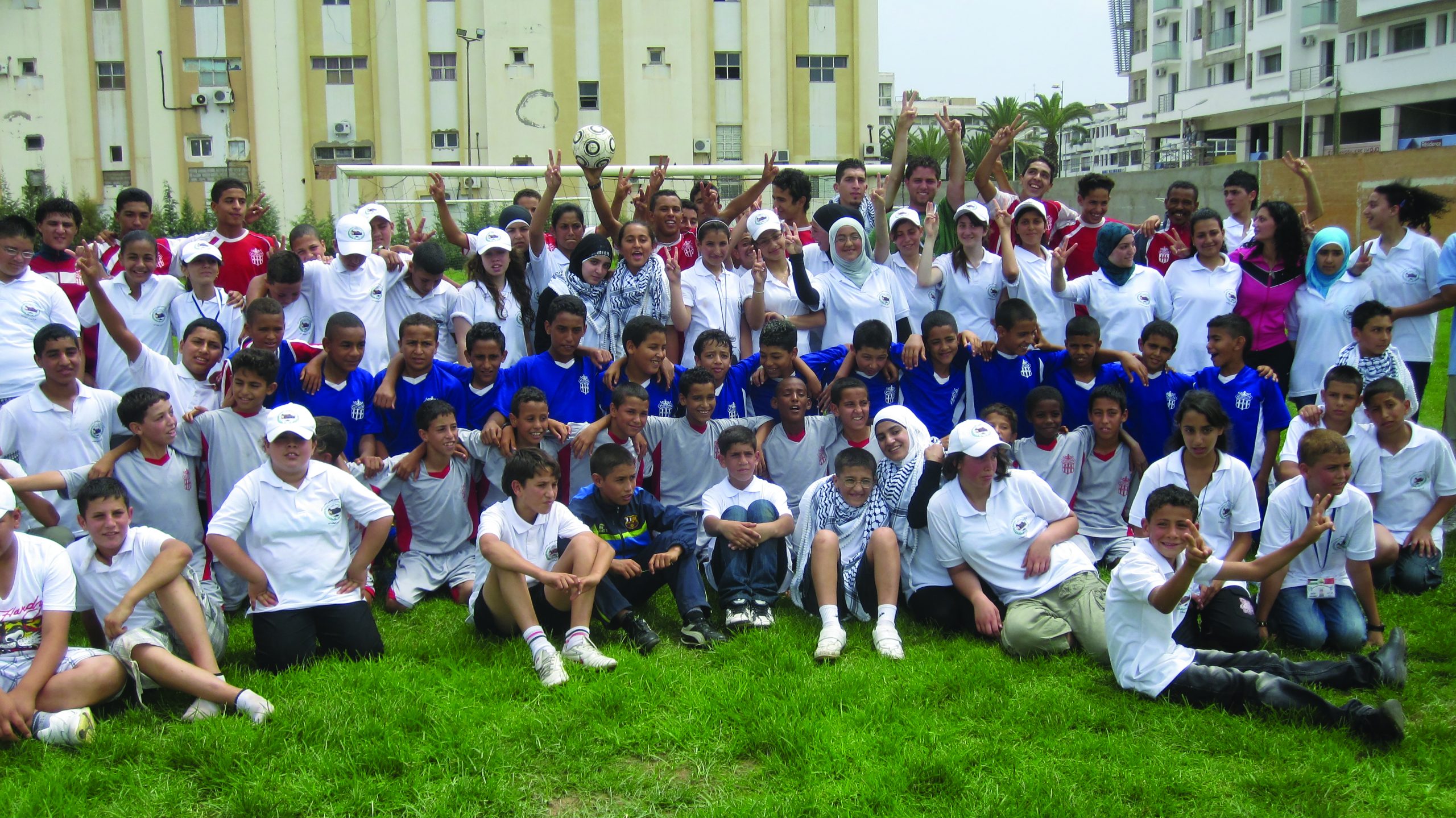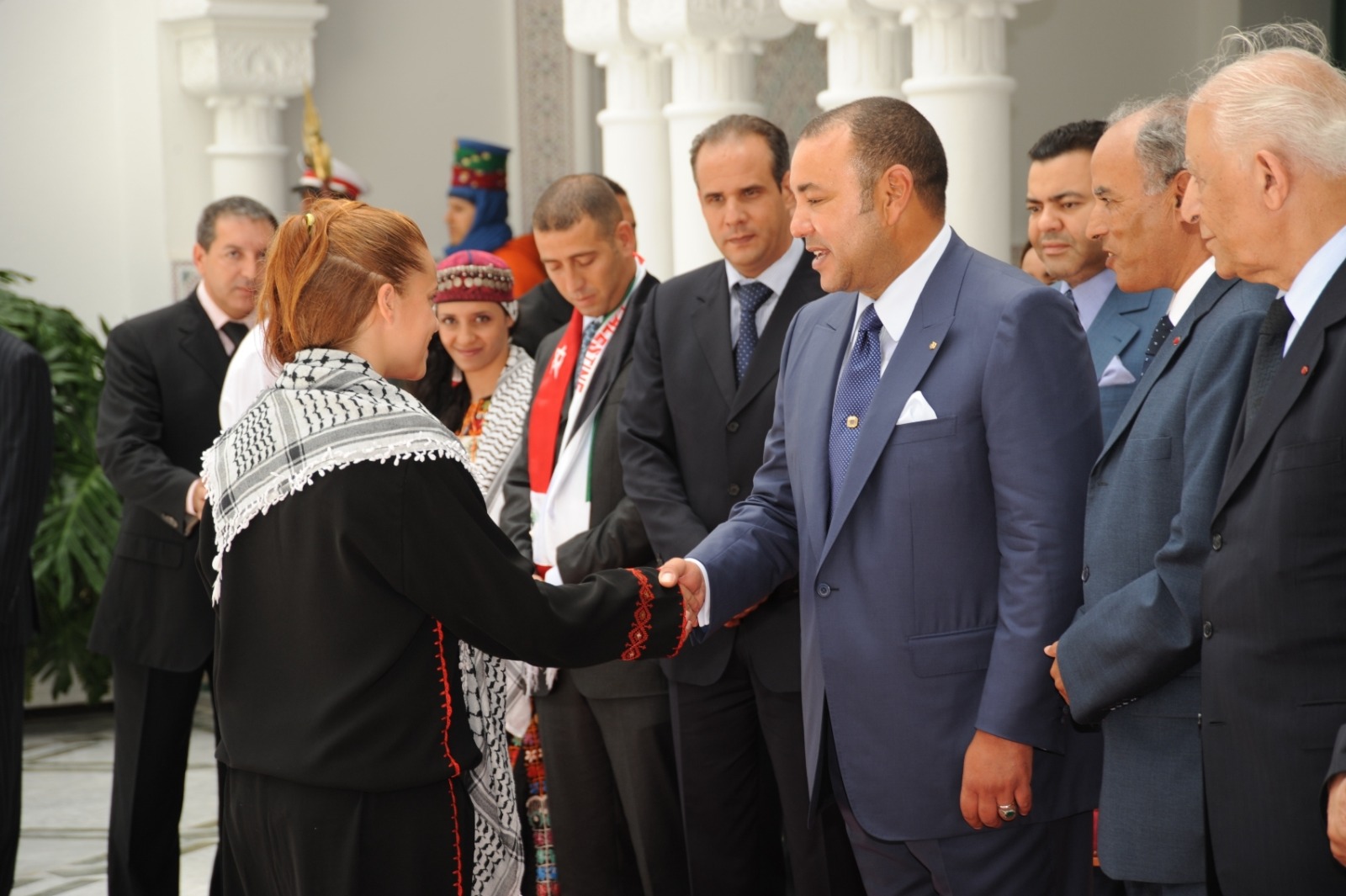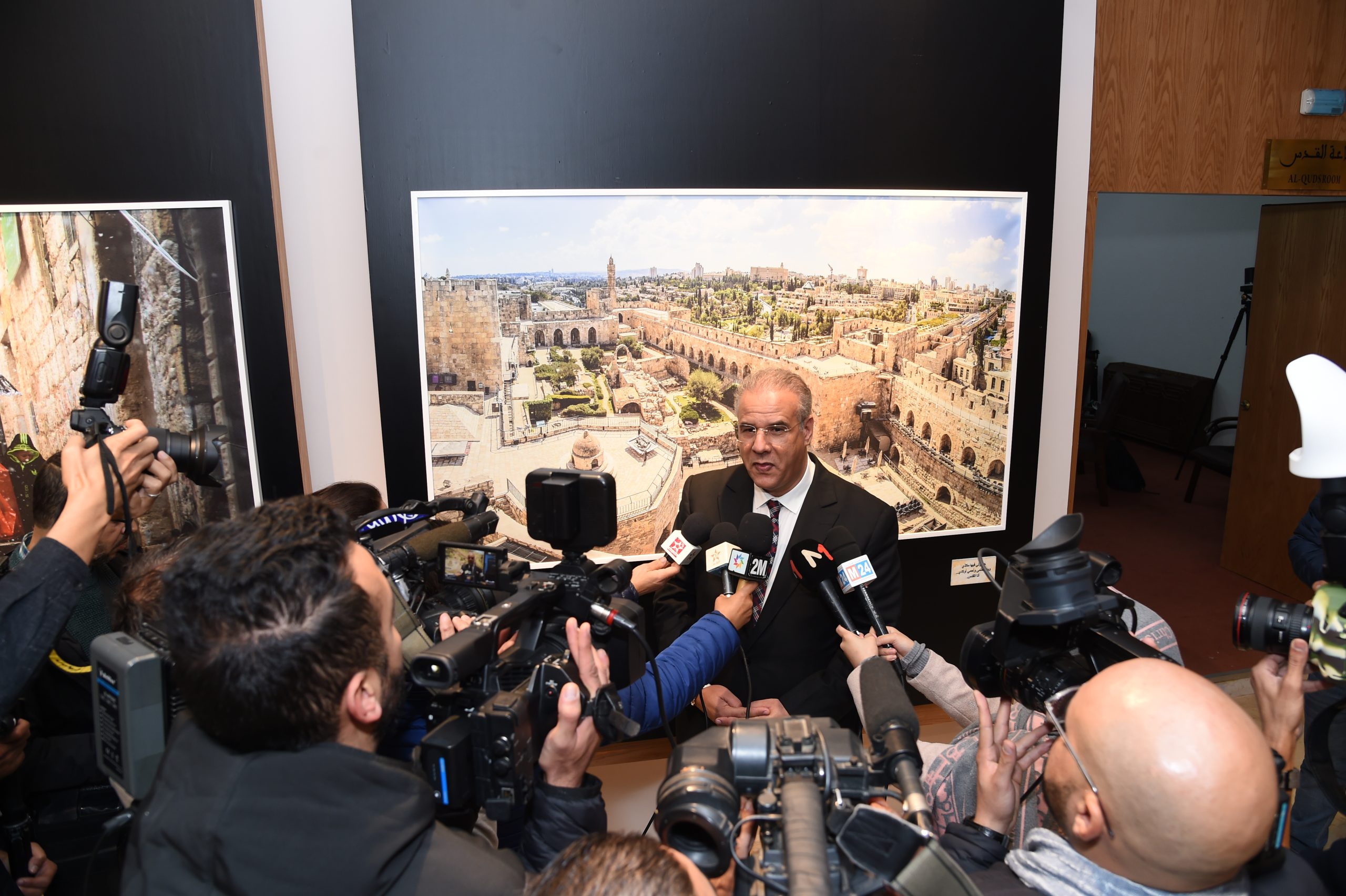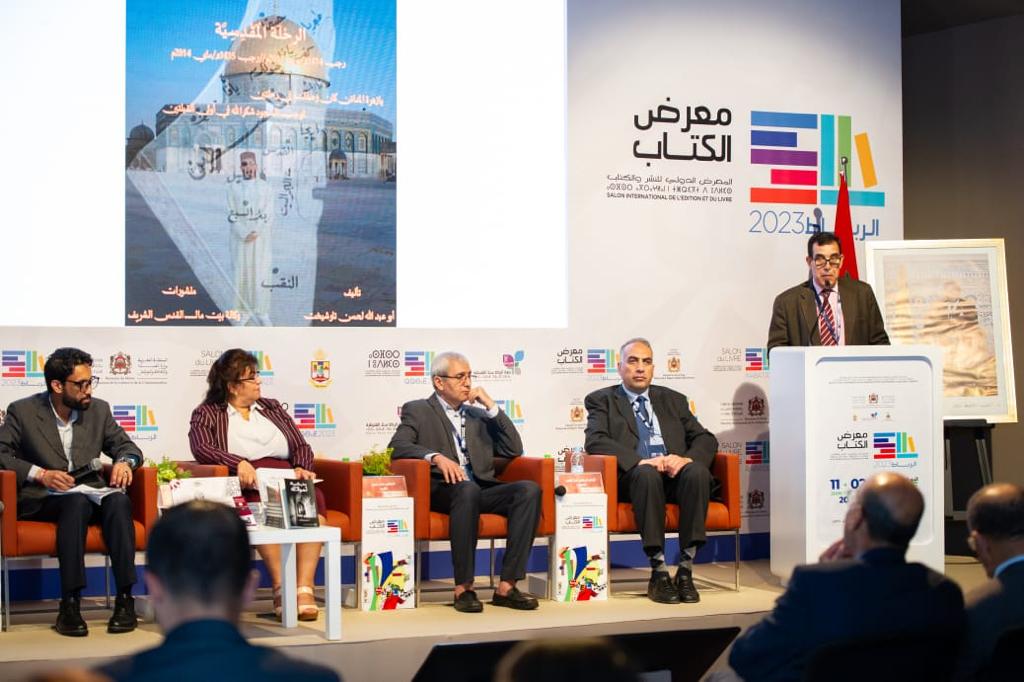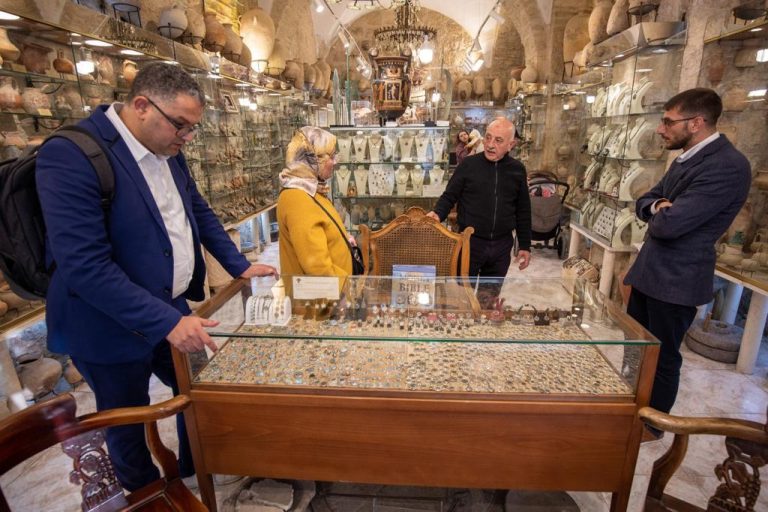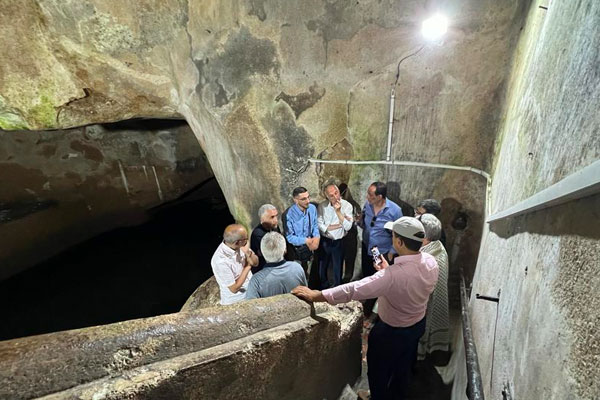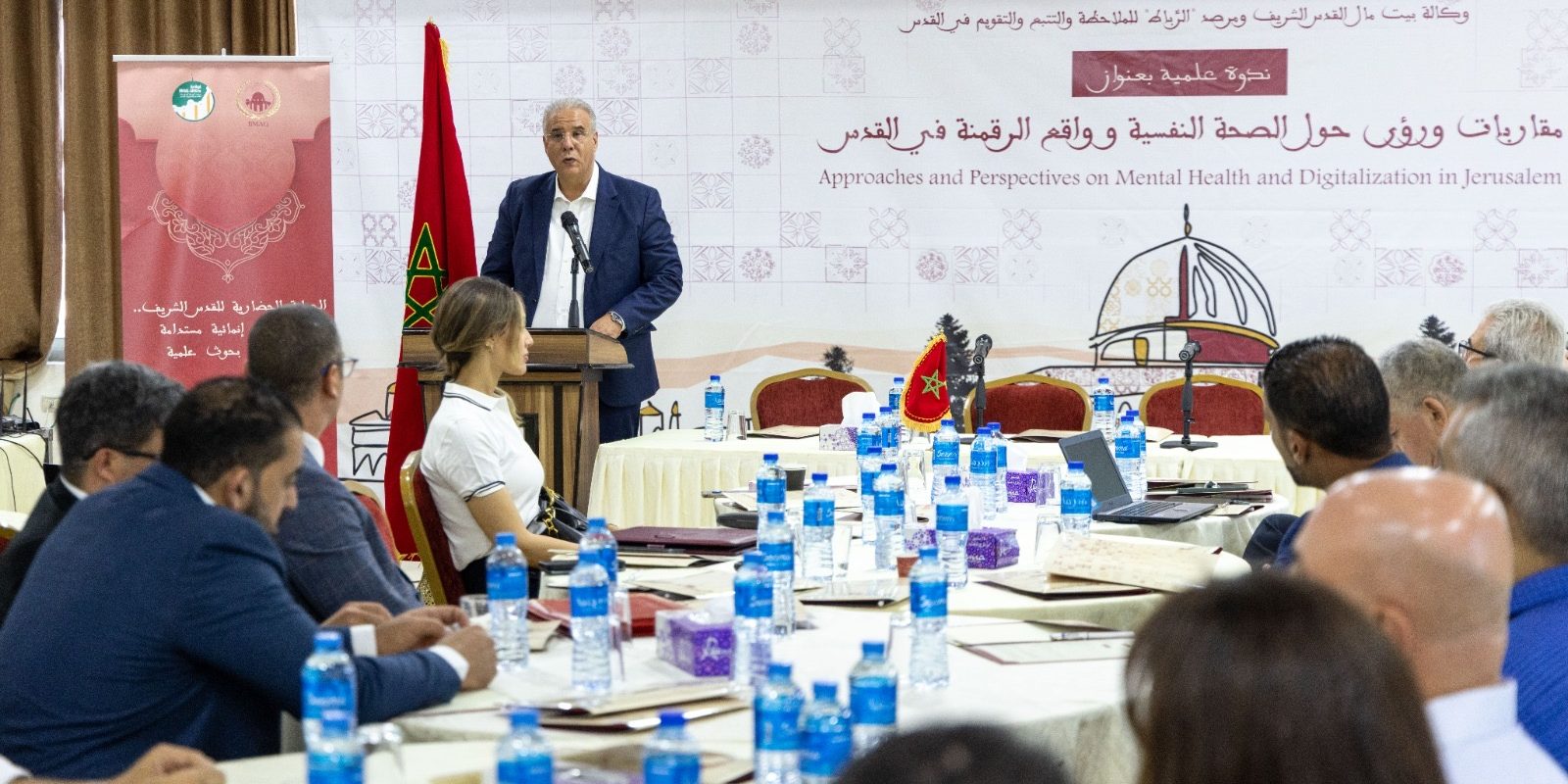Ramallah – The Bayt Mal Al-Quds Asharif Agency (BMAQ) presented on Saturday in Ramallah the findings of two in-depth studies examining the state of mental health and digital transformation in the city of Jerusalem, with the participation of specialized Palestinian experts and researchers.
The workshop, attended by the Director in charge of managing BMAQ , Mr. Mohamed Salem Echarkaoui, focused on the research methodology and the nature of the representative samples surveyed, before presenting the results of the two studies. The studies explored the future prospects of mental health and digital services in the city, highlighting the entrepreneurial environment amid the city’s circumstances and the emigration of skilled professionals.
On this occasion, Mr. Echarkaoui underscored the significance of the two studies as a valuable cornerstone for future research. He noted that the insights they provide will enhance BMAQ’s understanding of the complex social and economic challenges facing Jerusalem, while also informing the strategic development of programs and projects aimed at delivering measurable and impactful outcomes.
Mr. Echarkaoui further stressed the need to prioritize support for individuals affected by psychological disorders, highlighting it as a pressing concern that deserves greater attention within BMAQ’ s agenda. He also noted that the Agency has launched its 2024–2027 digital strategy, aimed at fostering innovation, encouraging entrepreneurship, and promoting economic empowerment through sustainable, locally driven solutions.
The workshop was structured into two sessions. The first session featured the presentation of the study titled “The State of Mental Health Services in Jerusalem and the Feasibility of Their Digitalization”, led by Iyad Al-Hallaq and enriched by insights from experts Sahab Khattatbeh, Bana Barghouthi, and Saja Alami.
The study underscored the vulnerability of the mental health infrastructure in Jerusalem, pointing to a critical shortage of specialized professionals and the inequitable allocation of resources—especially in the city’s most underserved neighborhoods. It stressed that digital transformation could play a pivotal role in broadening access to mental health care and strengthening the provision of remote psychological support services.
The second session was dedicated to presenting the findings of the study: “The State of Digitalization in Jerusalem: Between the Wall and the Third Generation”, chaired by Rachid Al-Jayousi, with contributions from researchers Dhafer Sabah, Nader Saleha, and Adham Hanoun.
The study examined the key barriers hindering digitalization in Jerusalem, including censorship, regulatory restrictions, and inadequate infrastructure. Despite these challenges, it also highlighted successful local digital initiatives as examples of resilience and innovation. The study proposed a range of creative and actionable recommendations aimed at improving digital accessibility and fostering greater community engagement in the digital sphere.
The workshop concluded with a comprehensive open discussion that led to a series of forward-looking recommendations. These included boosting investment in Jerusalem’s digital infrastructure, creating secure and reliable digital platforms for psychological support and follow-up, integrating digital solutions into national health policies, and broadening the scope of support for entrepreneurial initiatives rooted in Jerusalem.
